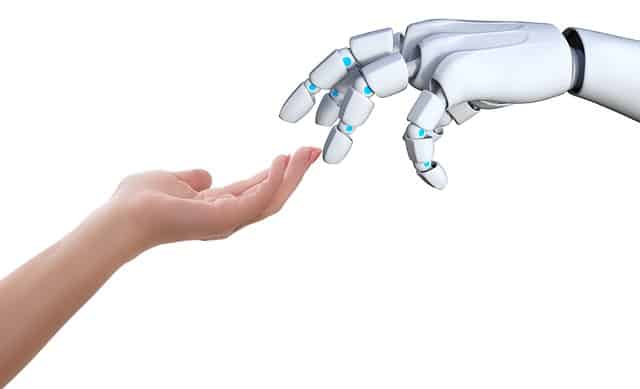
Internet connection has revolutionized the modern-day world. It provides us with innumerable benefits that were not possible before its inception. Internet of Things(IOT)
is an integral and vital part of the internet’s future. In simple terms, IOT refers to connecting everything that is in the world to the internet. Any working device be it a cellphone, refrigerator, washing machine, lamp, cooker, smart Tv among others are connected to each other and to the internet.
Technology giant companies have invested heavily in this concept. These companies are: Skyworks Solution, AT&T, Verizon, Alphabet Inc, Apple and Amazon.
Forbes projects that IOT market will grow at a compound annual growth rate(CAGR) of 28.5% translating to $457B by the year 2020 on a global scale. This is a major improvement compared to $157B reported in 2016.
How Does Internet Of Things Work?
IOT integrates four main components which are:
- Sensors/devices -They are responsible for data collection from their surroundings. Data collected can be on temperature, speed, location and so on.
- Connectivity-Once the data is collected, it is transmitted to the cloud via WiFi, low-power wide-area networks(LPWAN), cellular, Zigbee, Bluetooth, RFID and satellite. Broader networks such as GSM, LTE and 3G can also be used for data transmission.
- Data Processing- The data that is now in the cloud is processed, monitored and then filtered. Finally, the message is transmitted to the user. Information relayed varies depending on the device.
- User Interface- The processed data is then sent to the end-user using a number of ways such as a text, a notification or an email. The user will then be able to act on the information relayed remotely with say, the help of an app on their phone.
Applications of Internet of Things

Smart Manufacturing
This technology is able to capture data, use analytics and communicate relevant information on what needs to be done at the precise time. The manufacturing equipment is fitted with sensors which collect data. The data helps the manufacturers optimize on the efficiency of the machines and ultimately the output.
Safety in smart cars
Thanks to the integration of IOT which uses GPS technology, sudden car crashes are avoided.
Smart Farming
In IOT smart farming, an integrated system is put in place to monitor the farm. This is made possible with the aid of different sensors such as temperature, light, soil moisture, humidity and so on. The irrigation system is also automated using IOT. This way, farmers can remotely observe the conditions in the crop fields and take the necessary actions.
Smart Cities
IOT in smart cities helps to run them more efficiently. Using IOT sensors, traffic is kept under control and notifications for payment of social amenities are sent on time. In case of a potential disruption in services, the sensors send alerts on time to help keep the situation, such as faulty power, under control.
Smart Healthcare
Healthcare records are centralized and available from a number of medical devices as well as monitoring systems all thanks to IOT. The data on patients is sent to doctors, nurses, labs, general physicians and other related entities through EHR systems. The progress of patients can also be monitored remotely.



